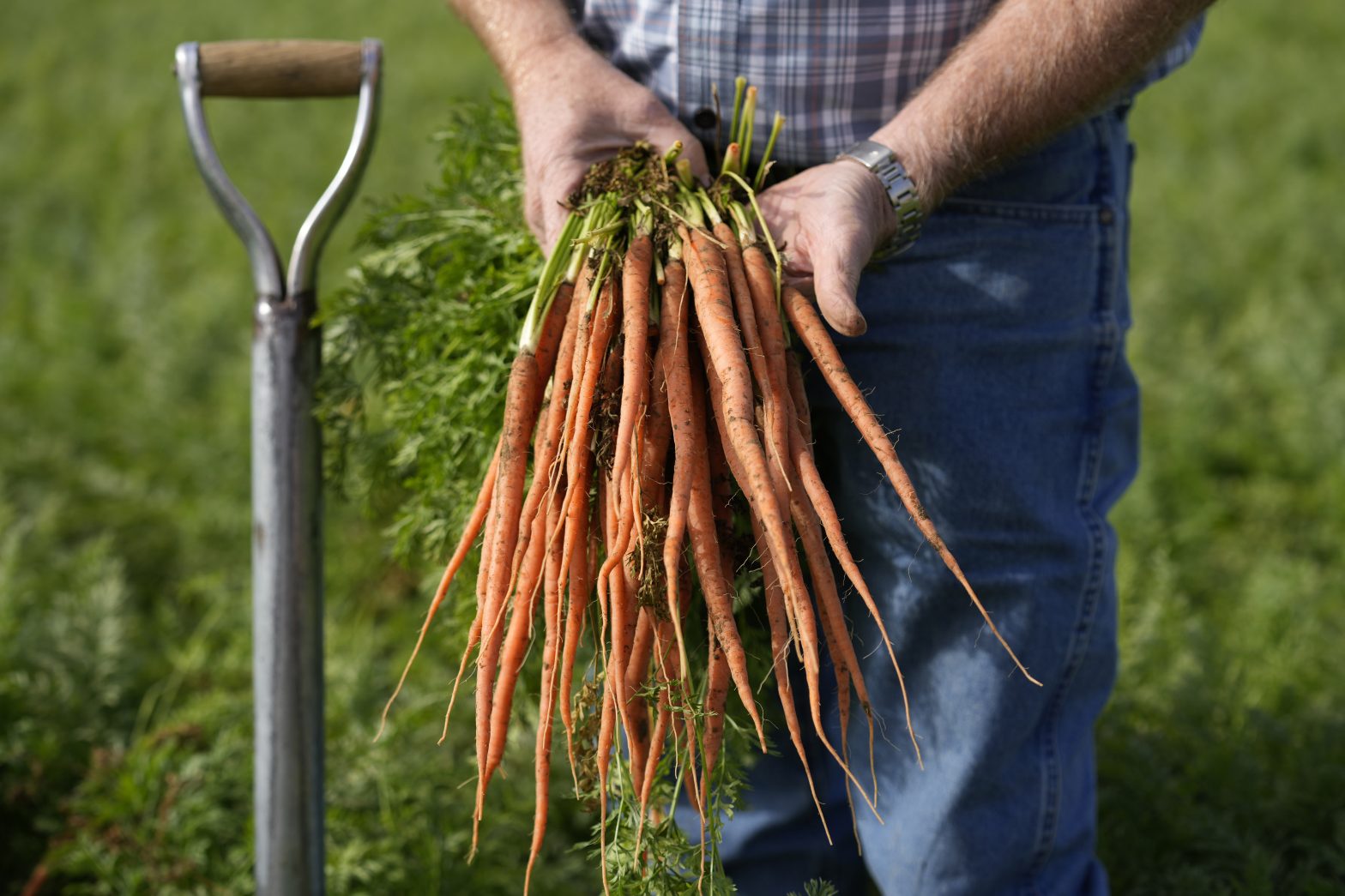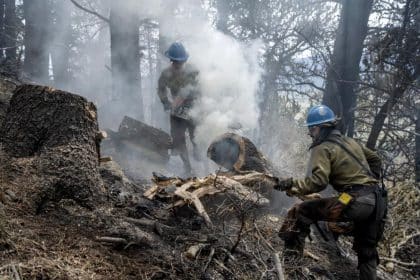From Carrot Salad to Carrot Cake, It All Begins With Great Soil
COMMENTARY

Great food comes from great ingredients. And great ingredients come from great soil.
In my role as executive chef at the Culinary Vegetable Institute, I’ve seen firsthand the role sustainability plays in our food supply.
Agriculture and food-related industries are expansive and impactful nationwide, employing over 10% of the U.S. workforce. And yet so many outside of the industry fail to understand how good food lands on our tables each and every night.
Consider the humble carrot. We may tend to think of carrots as something that comes cut and peeled and packaged in plastic, suitable for little more than snacking. The mass agricultural production of snackable carrots, concentrated in the deserts of California, pulls water from deep aquifers to irrigate carrots, which are then shipped far away. The practice contributes to regional water loss, soil erosion and the depletion of soil health overall.
In our zeal to extract more from the Earth — more vegetables, more fruit, more livestock — we are stripping soil of vital nutrients without putting them back in. And when we take nutrients out of soil, we’re also taking them out of the fruit and vegetables that depend on the soil.
According to the American Horticultural Society, nutrient values in produce over the last 50-100 years have decreased from 5% to 40%. Modern agricultural practices also have contributed to the erosion of 4.63 tons of cropland soil per acre per year.
Much of our soil is tired and depleted. And that leads to agricultural products that aren’t their best.
Vegetables give us life — both the essential nutrients our bodies need but also the rainbow of flavors, aromas, textures and colors that make our meals come to life. With 95% of our food directly or indirectly produced on our soils, we all have a stake in healthy soil.
Great ingredients come from great soil.
Through my work as a chef, I am passionate about the links between soil, crops, food and the culinary experiences that chefs deliver to millions of diners. Four years ago, we opened a research facility to constantly monitor soil health and plant tissue samples, looking for ways to increase nutrient density and organic matter through natural means.
In addition to studying soil health, we also study shelf life and the science of flavor.
Our research and experience with growers show that one of the best things we can do for soil is to plant cover crops during the off season. Planting more crops can replenish nutrients in soil through a process called regenerative agriculture.
This process also reduces erosion by improving soil structure and increasing the downward entry of water into soil, which helps prevent soils from washing away during rainfalls or snowmelt. Cover crops also help suppress weed growth, add nitrogen back into the ground and improve soil biodiversity overall.
I support the Natural Resources Defense Council’s Chefs for Healthy Soil initiative because I understand that whenever a chef and their team buy produce, they are making a choice about the agricultural practices they are supporting.
One carrot at a time, we chefs have the power to steer the conversation — and ultimately farmers’ practices — towards regenerative agriculture that gives back to the Earth and yields more nutritious, tastier food.
Chefs have a massive stake in healthier, more delicious fruits and vegetables, but so do all Americans.
That’s why I’m heartened that lawmakers from both parties support the Conservation Opportunity and Voluntary Environment Resilience Program Act, as part of this year’s reauthorization of the farm bill.
The COVER Act would grant farmers who plant cover crops a $5 per acre savings off their crop insurance bills. The program would be fully voluntary, and not require farmers to plant cover crops in order to be eligible for crop insurance.
It’s time for the farm bill — and the health of our food supply and soil — to take priority for all lawmakers.
With cover crops costing as much as $37 an acre to plant, this modest incentive — think of it as a carrot — will help nudge growers towards doing the right thing for soil, the planet, and ultimately the forks and stomachs of millions of people.
Jamie Simpson is chef liaison to the Chef’s Garden and executive chef of the Culinary Vegetable Institute. Simpson is a lifelong ambassador for using “every part of the plant, from root to tip,” as part of an overall mission to build a sustainable business model. Simpson designs dishes around what is available on the farm that day, and his commitment to micro seasonal cooking opens the door for him to be more creative while respecting the plants and maintaining minimal waste policies. He can be reached at [email protected].


























